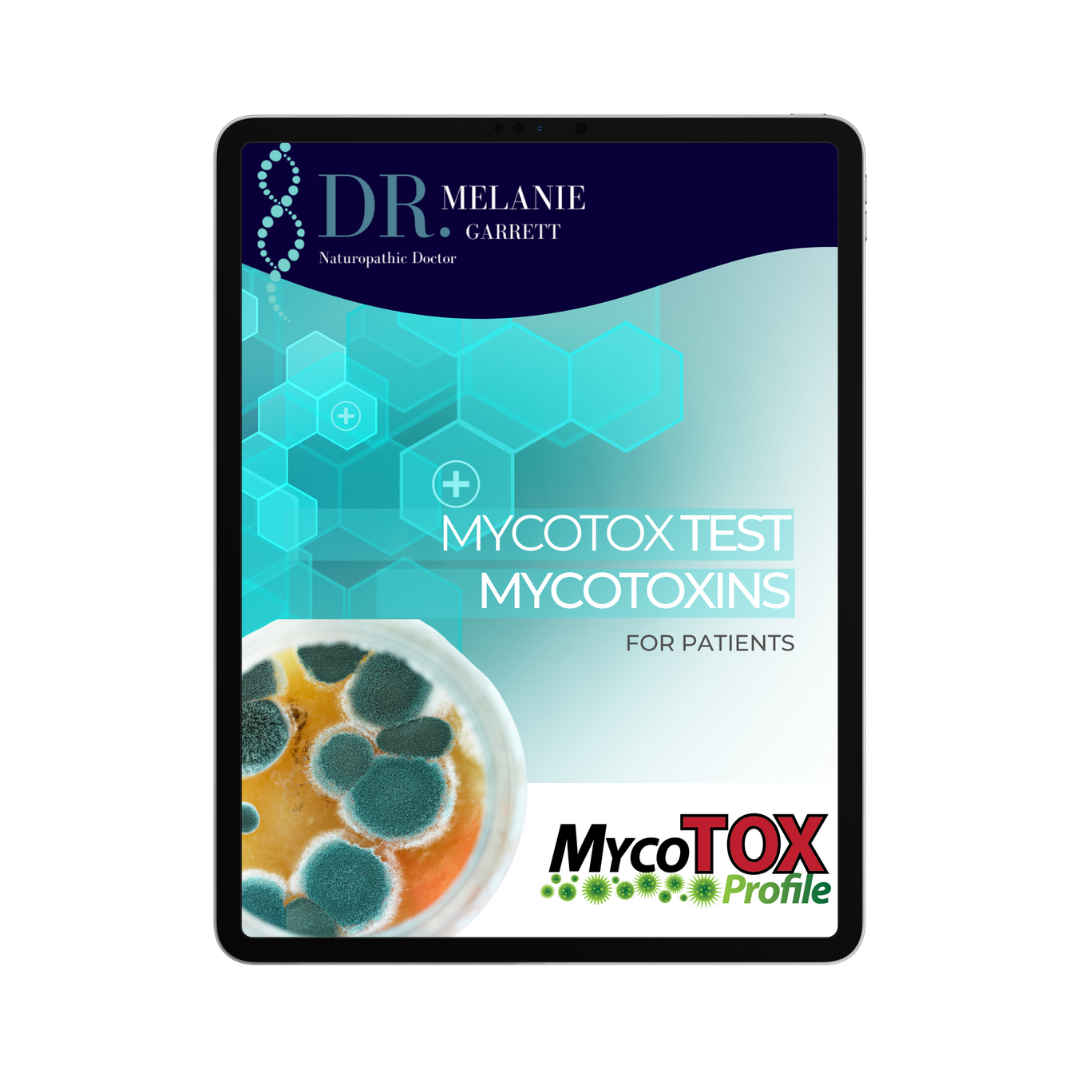Meniere's Disease
What Is Meniere's Disease
Meniere's disease is a chronic condition that affects the inner ear, causing recurring episodes of vertigo, hearing loss, tinnitus (ringing in the ears), and a sensation of fullness or pressure in the affected ear. It was first described by French physician Prosper Meniere in 1861. Meniere's disease can significantly impact a person's quality of life and daily activities.
The exact cause of Meniere's disease is not fully understood, but it is often associated with an excessive buildup of fluid in the inner ear, a condition known as endolymphatic hydrops. This fluid imbalance can disrupt the normal functioning of the inner ear, leading to the characteristic symptoms of Meniere's disease. While the exact triggers of fluid imbalance remain uncertain, several factors have been suggested as potential causes, including genetics, allergies, viral infections, and anatomical abnormalities.

Connection between Meniere's disease and mold
Research indicates that mold exposure may contribute to the development or worsening of certain health conditions, including respiratory issues and allergies. However, the link between mold and Meniere's disease is less clear-cut. Several studies have reported an increased prevalence of Meniere's disease in individuals exposed to mold or living in damp environments, suggesting a possible association.
A study published in 2009 in the journal Otology & Neurotology investigated the relationship between Meniere's disease and mold exposure. The researchers found that patients with Meniere's disease were more likely to have been exposed to mold compared to a control group. However, the study did not establish a definitive cause-and-effect relationship and acknowledged the need for further research.
Another study published in 2019 in the journal Clinical Otolaryngology examined the prevalence of mold exposure in patients with Meniere's disease. The researchers found that patients with Meniere's disease had a higher likelihood of exposure to mold compared to control subjects. The study suggested that mold exposure might be a contributing factor in the development of Meniere's disease, but it emphasized the need for additional research to confirm this association.
While these studies provide some evidence suggesting a possible connection between Meniere's disease and mold exposure, they do not establish a conclusive link. The exact mechanisms by which mold exposure could trigger or exacerbate Meniere's disease remain uncertain.
It is important to approach the topic with caution and not generalize these findings to all cases of Meniere's disease. Meniere's disease is a complex condition with multiple potential causes, and mold exposure may only play a role in certain individuals or under specific circumstances.
If you suspect a connection between mold exposure and your symptoms or Meniere's disease, it is advisable to consult with a healthcare professional who can provide personalized advice and guidance based on your specific situation. They can help evaluate your symptoms, conduct appropriate tests, and recommend the most suitable course of action for your individual needs.
Signs and symptoms of mold toxicity
- Fatigue
- Weakness
- Aches
- Muscle Cramps
- Unusual Pain
- Ice Pick Pain
- Headache
- Light Sensitivity
- Red Eyes
- Blurred Vision
- Tearing
- Sinus Problems
- Cough
- Shortness Of Breath
- Abdominal Pain
- Diarrhea
- Joint Pain
- Morning Stiffness
- Memory Issues
- Focus/Concentration Issues
- Word Recollection Issues
- Decreased Learning of New Knowledge
- Confusion
- Disorientation
- Skin Sensitivity
- Mood Swings
- Appetite Swings
- Sweats (night sweats)
- Temperature Regulation
- Excessive Thirst
- Increased Urination
- Static Shocks
- Numbness
- Tingling
- Vertigo
- Metallic Taste
- Tremors
The connection between Meniere's disease and manganese deficiency
Manganese is an essential trace mineral that plays a role in various bodily functions, including the maintenance of normal vestibular (inner ear) function. However, the exact relationship between manganese deficiency and Meniere's disease is not fully understood.
Some studies have suggested a potential association between Meniere's disease and low levels of manganese in the body. Manganese deficiency may lead to altered antioxidant activity, impaired mitochondrial function, and reduced enzymatic reactions, which could potentially contribute to the development or progression of Meniere's disease. However, the available research on this topic is limited to a small number of studies, and more extensive investigations are needed to establish a definitive link.
It is important to note that Meniere's disease is a complex condition with multiple potential causes. Other factors, such as fluid imbalances in the inner ear, genetic predisposition, autoimmune reactions, and vascular issues, are also known to play a role in the development of Meniere's disease. Manganese deficiency may be one among several factors that contribute to the condition, rather than being the sole cause.
If you suspect a connection between Meniere's disease and manganese deficiency, it is recommended to consult with a healthcare professional for proper evaluation and guidance. They can assess your symptoms, conduct relevant tests to determine your manganese levels, and provide appropriate treatment options based on your individual needs. It is crucial to approach this topic with caution, as further research is necessary to establish a conclusive link between Meniere's disease and manganese deficiency.
Testing & Diagnostics

The Mycotox lab test is a diagnostic test that is used to identify mycotoxins in a person's urine. It is a type of urine test that is used to evaluate exposure to toxic mold and identify the presence of specific mycotoxins in the body.
The test is offered by Great Plains Laboratory, a specialty diagnostic laboratory that focuses on identifying and treating chronic illnesses, including those related to toxic mold exposure. The Mycotox test uses liquid chromatography-mass spectrometry (LC-MS) technology to measure the levels of mycotoxins in a person's urine.
The Mycotox test can help identify specific mycotoxins that may be causing symptoms related to mold illness. The test can detect several common mycotoxins produced by mold, including aflatoxins, ochratoxin A, and trichothecenes. By identifying the specific mycotoxins present in a person's body, healthcare providers can better understand the extent of the exposure and develop a targeted treatment plan.
It is important to note that while the Mycotox test can help identify mycotoxins in the body, it is not a definitive diagnostic test for mold illness. Other diagnostic tools, such as physical examination, medical history, and other laboratory tests, may be needed to confirm a diagnosis of mold illness.
If you are experiencing symptoms of mold illness, it is important to speak with a healthcare provider with experience in diagnosing and treating this condition. They can help determine if the Mycotox test is appropriate for your situation and develop a comprehensive treatment plan to address your symptoms and improve your overall health and well-being.
Exploring Neuropsychiatric Connections
Trichothecene mycotoxins
A study published in the Journal of Occupational and Environmental Medicine in 2015 found that individuals exposed to trichothecene mycotoxins had significantly higher rates of cognitive impairment in humans.
Ochratoxin A
Another study published in the journal Neurotoxicology in 2018 found that exposure to a specific mycotoxin called ochratoxin A was associated with decreased cognitive function and increased anxiety in rats.
